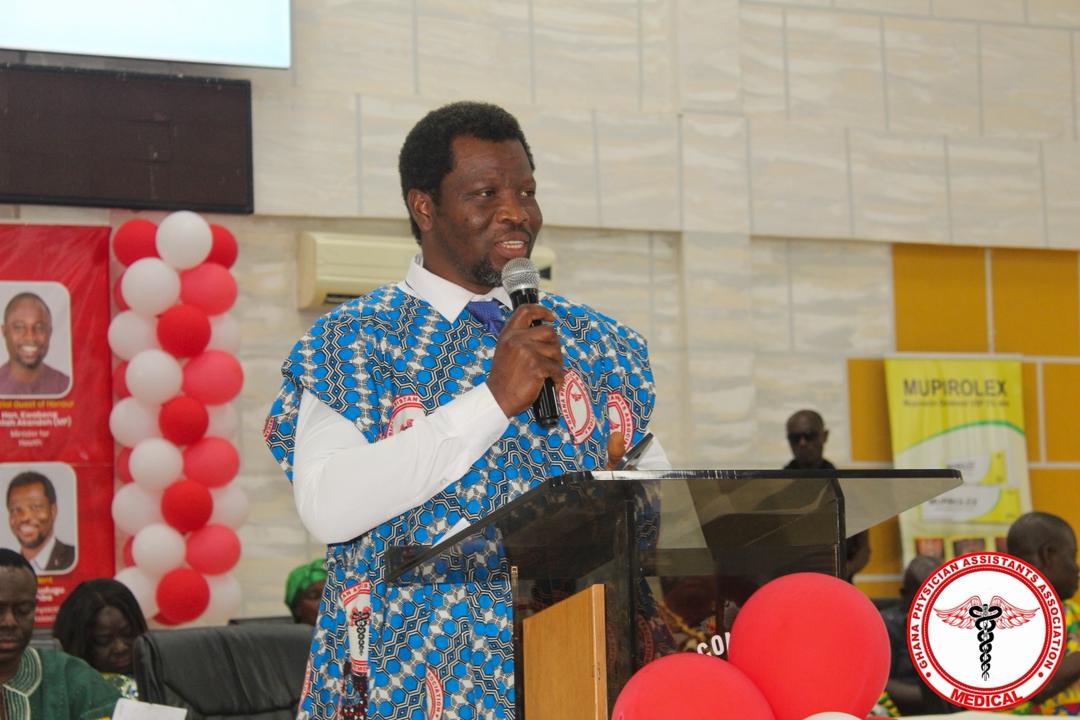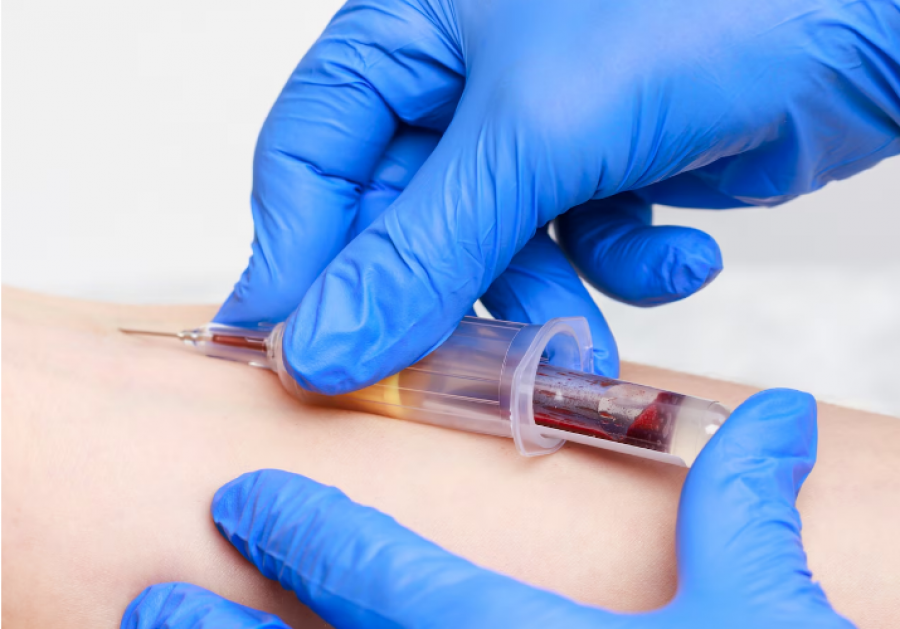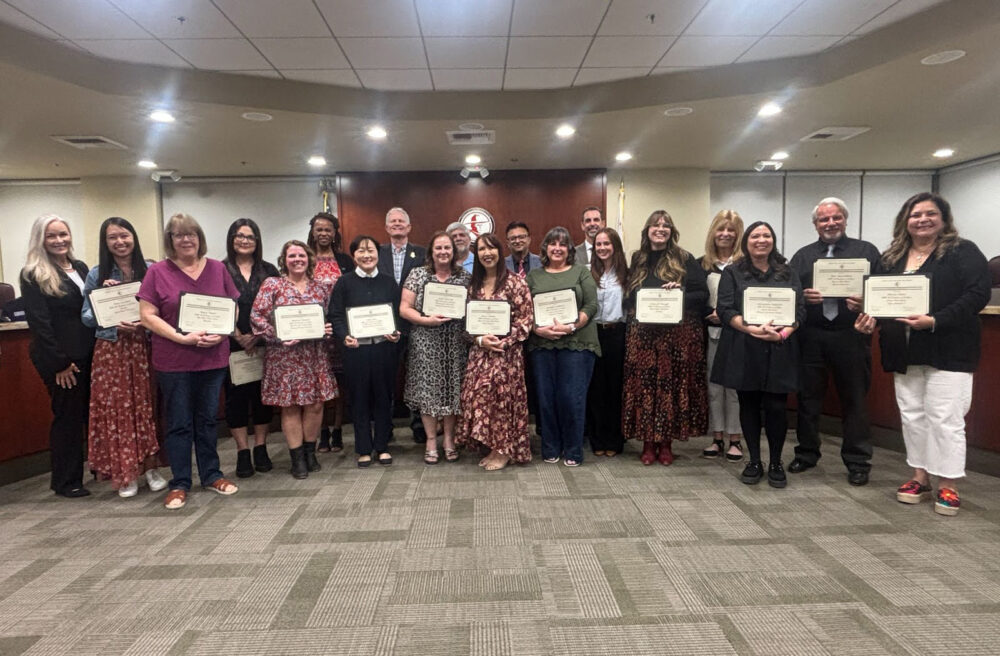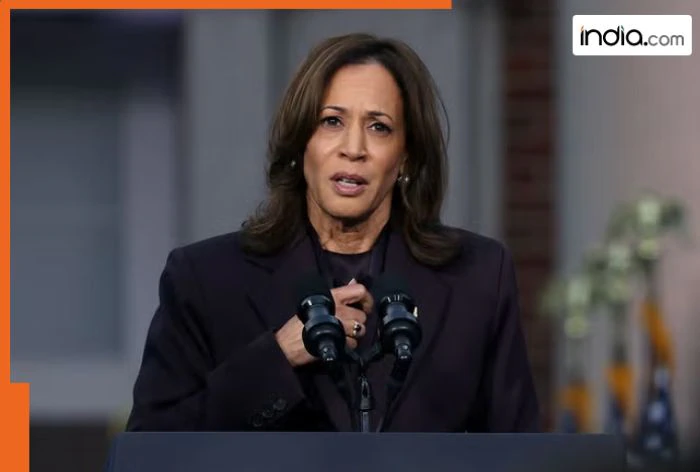Copyright a1radioonline

The Ghana Physician Assistant Association (GPAA) has called for the immediate reversal of a directive by the National Health Insurance Authority (NHIA) that prevents private health facilities operated by licensed Physician Assistants (PAs) from being accredited to provide services under the National Health Insurance Scheme (NHIS). The demand was made at the close of the Association’s 22nd Annual General Conference held at Gomoa Fette. Delegates described the directive as discriminatory and a threat to equitable access to healthcare. While the NHIA continues to credential PA-led facilities in the public sector, private facilities operated by equally qualified PAs are excluded, limiting service access and undermining Ghana’s progress toward Universal Health Coverage (UHC). The conference, themed “Repositioning Physician Assistants for Leadership in Primary Health Care: A Call for Innovation, Collaboration, and Professional Recognition,” brought together stakeholders to examine the strategic role of PAs in national health development. Speaking on A1 Radio, the President of GPAA, Peter Ayamba Akurugu, emphasized that all licensed PAs meet the same regulatory and ethical requirements regardless of their facility’s ownership. He therefore argued that accreditation should be determined by quality standards rather than whether a facility is public or private. He also highlighted additional systemic challenges, including the absence of a national policy defining PA career pathways and the lack of recognition for specialized PAs trained in dermatology and psychiatry. According to him, many PAs heading health centers are held accountable for operational outcomes but lack formal appointment letters, leadership training, and appropriate remuneration. He urged the Ministry of Health and the Ministry of Finance to grant financial clearance to employ more than 6,000 unemployed PAs. He further appealed for the development of a national PA policy to guide regulation, deployment, and career progression. He concluded by calling for stronger collaboration, support for digital health innovation, and concrete action to address environmental health threats linked to illegal mining (galamsey). Source: a1radioonline.com|101.1Mhz|Moses Apiah|Bolgatanga



